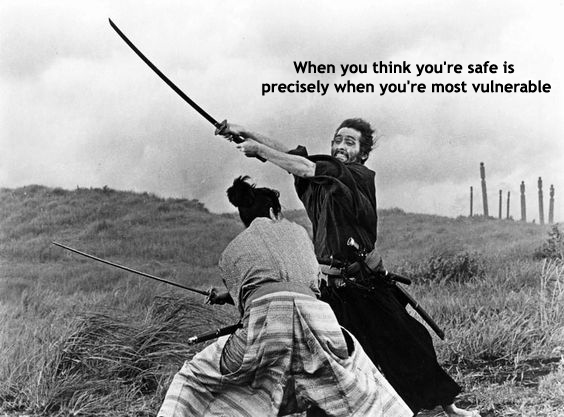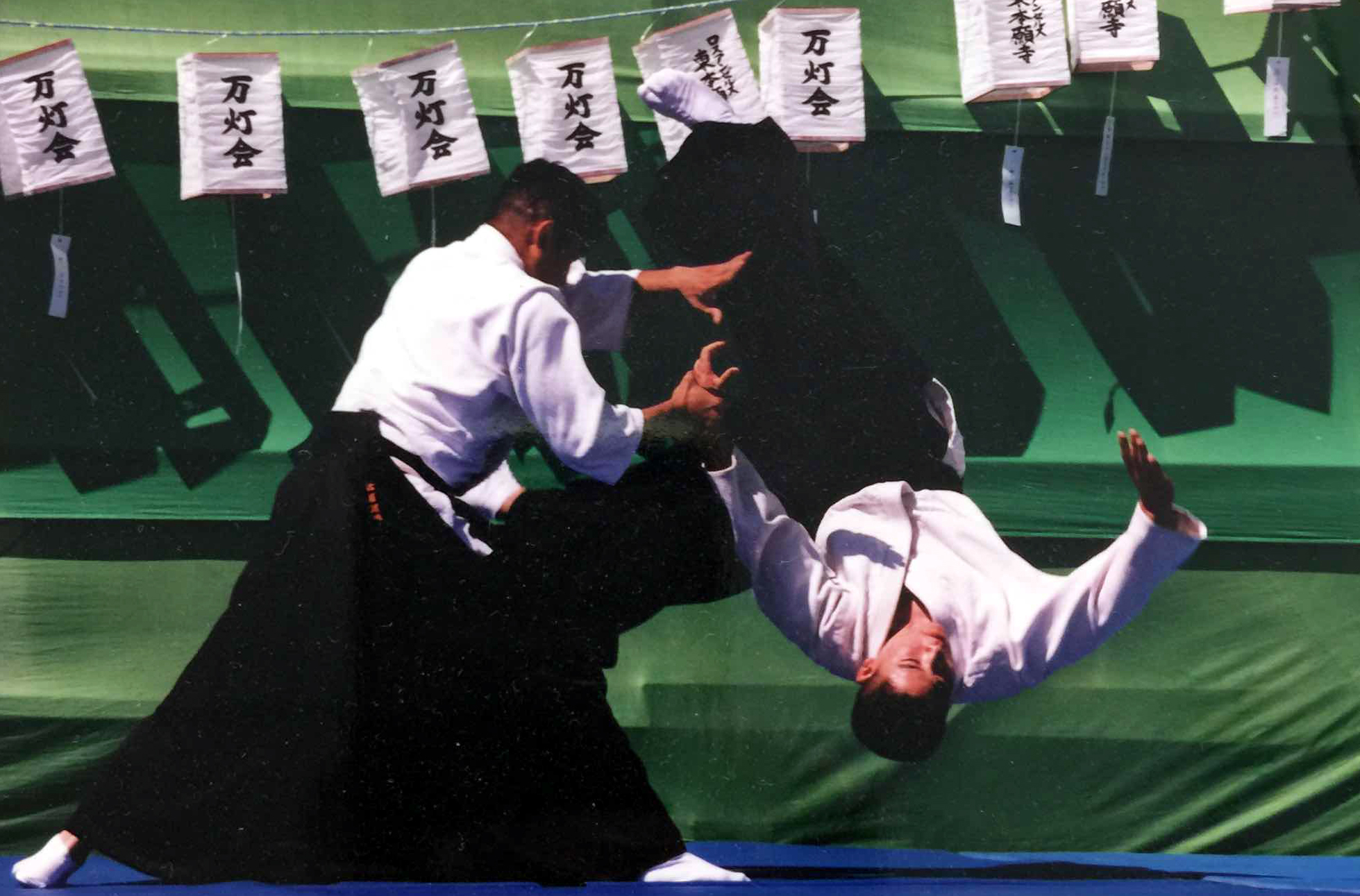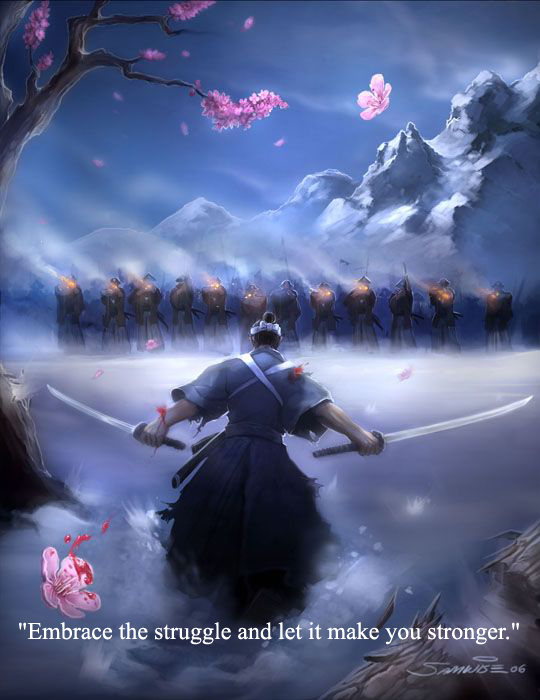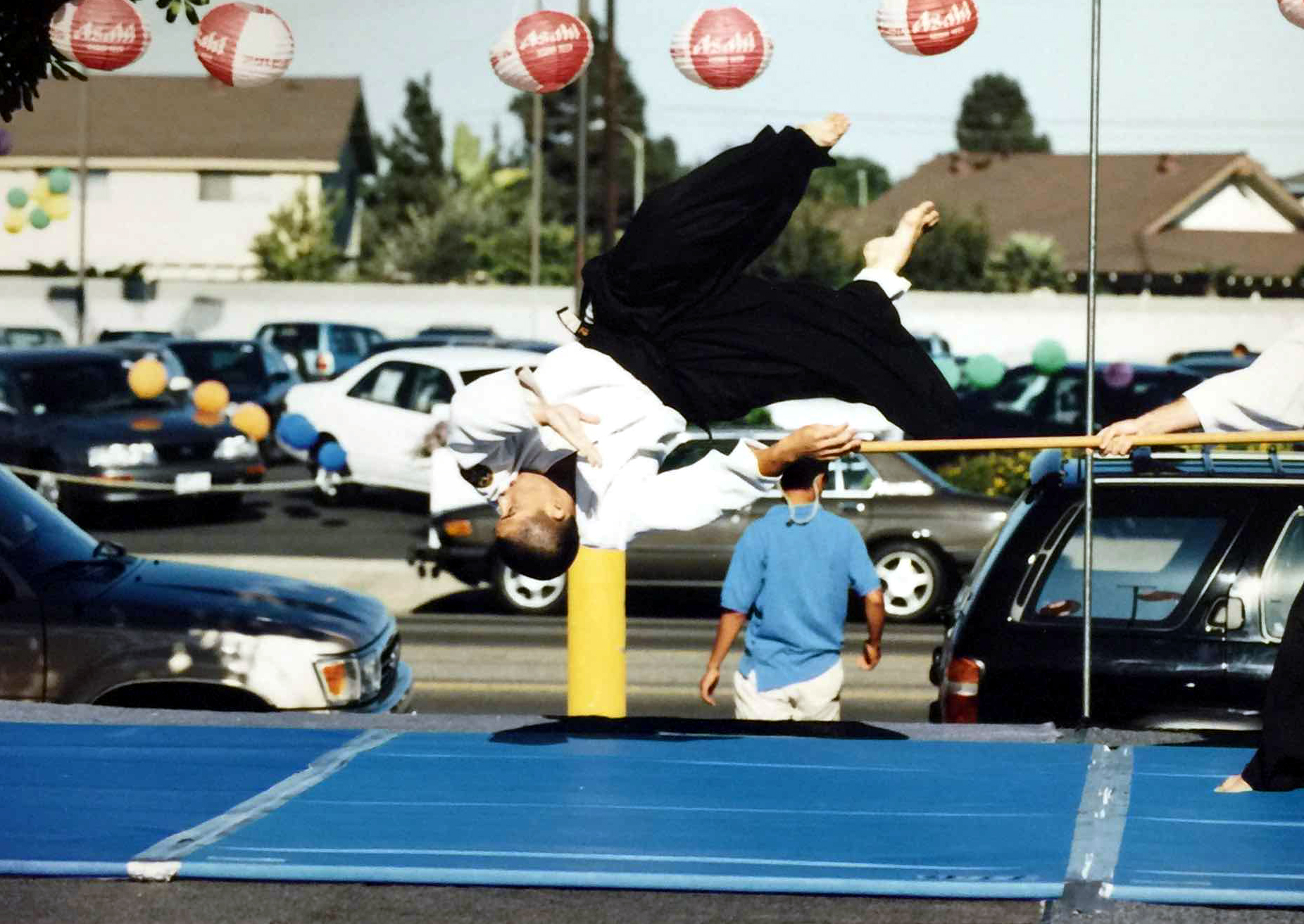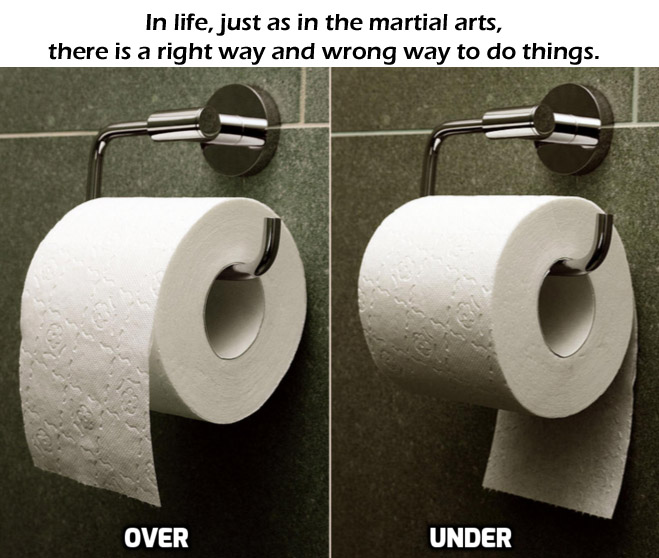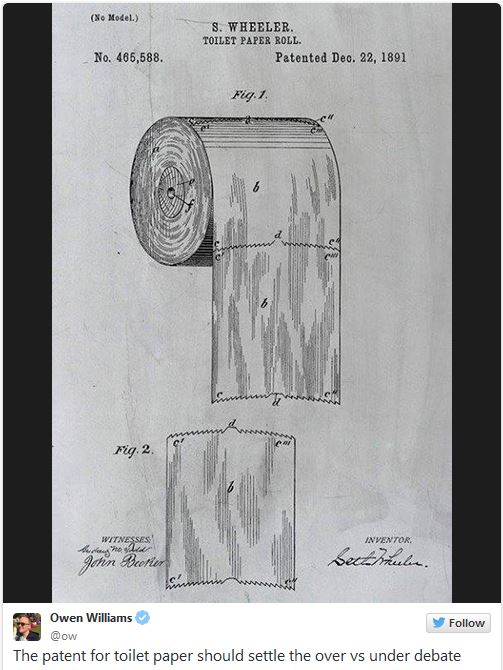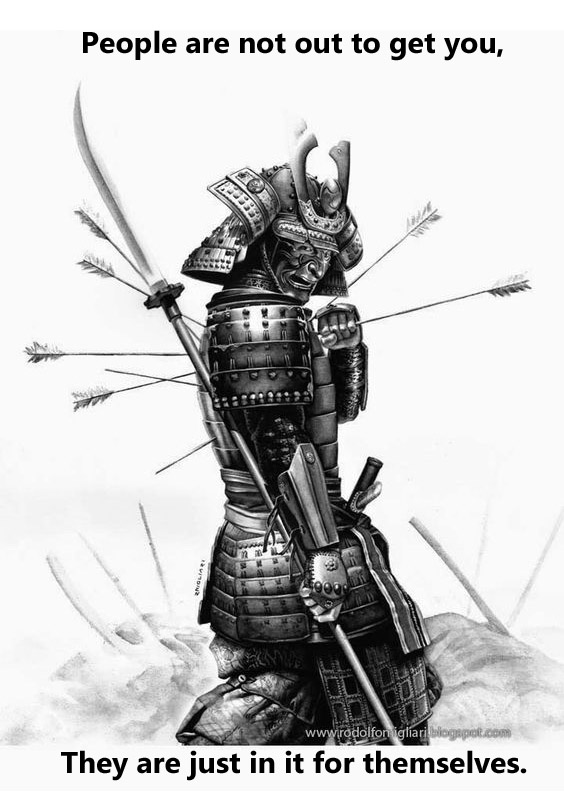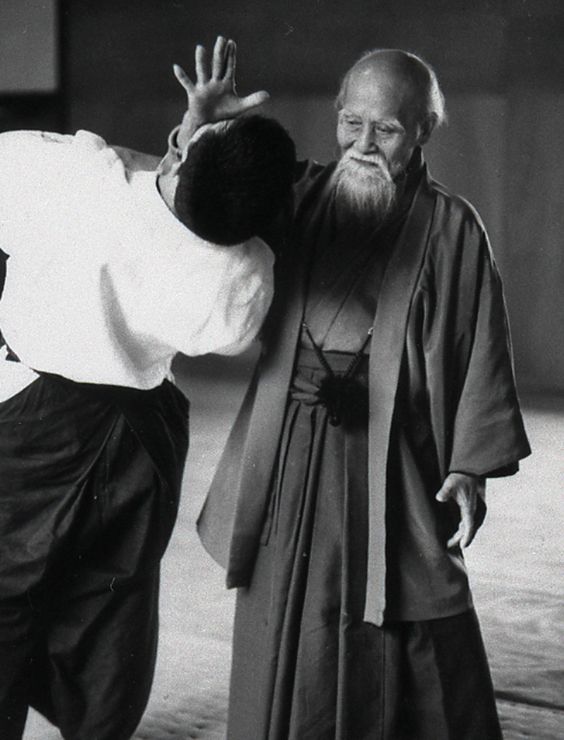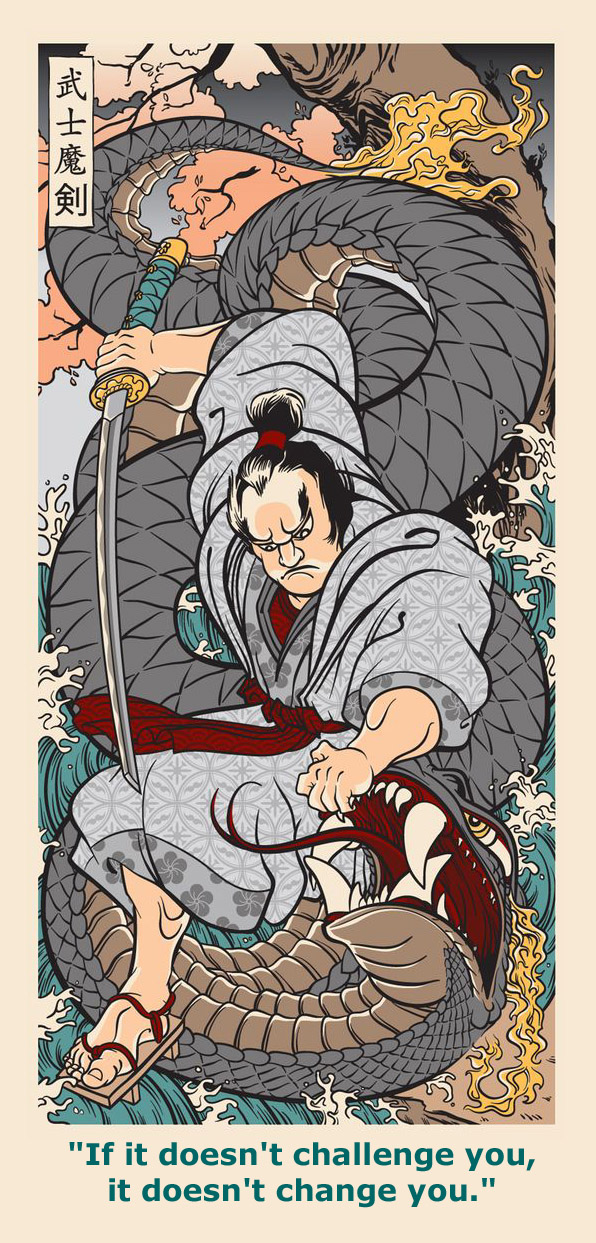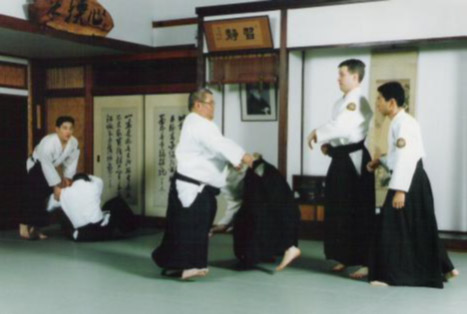 Students are a fickle bunch. We never know who has "it" and who doesn't. Some that have strength don't have spirit. Some with spirit don't have strength. The pivotal factor is the person who has the desire and humility to become better. Furuya Sensei posted this to his Daily Message on November 18, 2002 which succinctly sums up this idea of what I am talking about.
One difference I see nowadays in the martial arts is that some students come into Aikido to confirm who they are. The other thing I see is that some students come into Aikido to confirm who they want to become.
Students are a fickle bunch. We never know who has "it" and who doesn't. Some that have strength don't have spirit. Some with spirit don't have strength. The pivotal factor is the person who has the desire and humility to become better. Furuya Sensei posted this to his Daily Message on November 18, 2002 which succinctly sums up this idea of what I am talking about.
One difference I see nowadays in the martial arts is that some students come into Aikido to confirm who they are. The other thing I see is that some students come into Aikido to confirm who they want to become.
From the standpoint of the teacher, such as myself, the latter is more desirable to teach. Today is all about the ego of "who" we are. Who can say this? We should realize that we are changing every moment, even as we speak. Traditional training is all about transformation and becoming - the essence and the bottom line of nature and life itself.
Although it is not a popular thing to say, I would like to say that you must learn the "form" of Aikido first. In other words, the proper etiquette and attitude of the dojo and the proper focus for training. I really don't teach outside of this and, in almost all cases, it is the only way to open the door for instruction.
I notice that students practice much like the drive cars. Some people drive in the direction they "think" is right and where they "think" they are going. Some people look and check where they are going and know exactly how to get there.
In Aikido, "how to get there" is clearly stated in every moment of our practice, yet there are some who rarely follow such clear advice.
When we have to say to ourselves, "shall I go this way or that way?" we are already heading in the wrong direction whichever way we turn. When the Path takes us beyond our intellect, we can only rely on the strong and unwavering faith that we have in the years we have invested in our training which is our true selves.
Ultimately, who would we rely on the most? A man of strong faith or a man of strong physical strength?
 “We emphasize modesty and humility in our practice, but some students do not appreciate the spiritual aspects of the art and look at others as objects or toy to be played with, no considerate of the feelings of others.
Indeed, we live in a ‘me, me, me’ society and approve of selfish behavior. Losing the spirit of practice and the meaning of Aikido, the art itself becomes another common tool for one's self-promotion and constant quest for power, authority and recognition. We must see such arrogance and egotism as the acts of those who are spiritually destitute and have lost their way from the path of Aikido. What to do, it is really so sad.
“We emphasize modesty and humility in our practice, but some students do not appreciate the spiritual aspects of the art and look at others as objects or toy to be played with, no considerate of the feelings of others.
Indeed, we live in a ‘me, me, me’ society and approve of selfish behavior. Losing the spirit of practice and the meaning of Aikido, the art itself becomes another common tool for one's self-promotion and constant quest for power, authority and recognition. We must see such arrogance and egotism as the acts of those who are spiritually destitute and have lost their way from the path of Aikido. What to do, it is really so sad.



